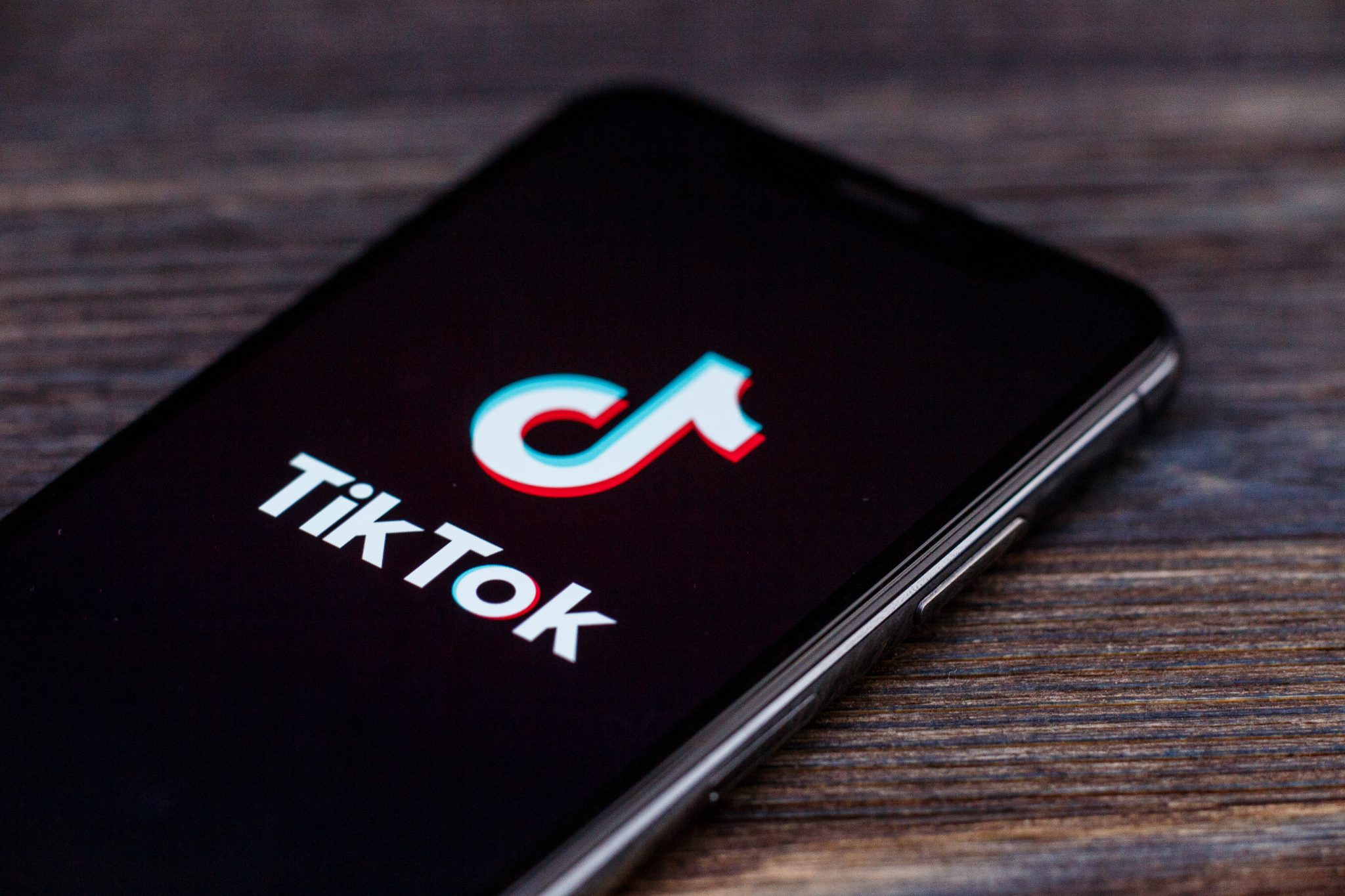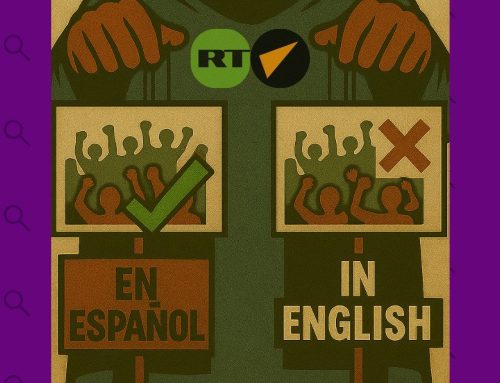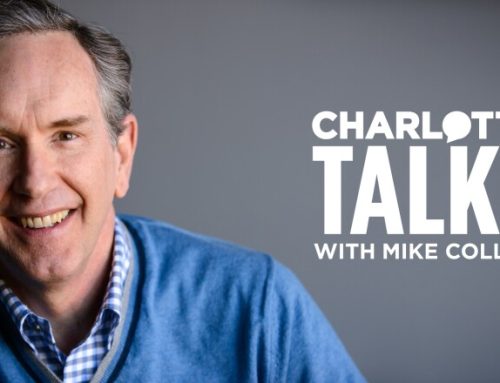The unfolding saga over TikTok and WeChat will have lasting impact far beyond the availability of dance videos and lip syncs. Reporters, tech watchers, First Amendment scholars and social media influencers alike are anxiously watching each twist in the fight between the U.S. and China over information technology and social media apps—a fight that presents a stark choice between the way a free and open society approaches the nexus of business and national security, and the path advocated by authoritarian governments like China.
At present, TikTok and U.S. companies Oracle and Walmart are racing to win the approval of a merger deal that resolves the app’s foreign ownership concerns before the fast-approaching Nov. 12 deadline for TikTok to be sold to a U.S. company. The most recent proposal would have created a new entity TikTok Global owned by ByteDance, Oracle, Walmart and ByteDance’s investors. But details about the actual control over the company were unclear and disputed. TikTok and several of its creators are also fighting the Trump Administration in U.S. courts over a ban of the app’s transactions in the U.S. Set to go into effect Nov. 12, a recent ruling halts that ban until legal battles are resolved.




